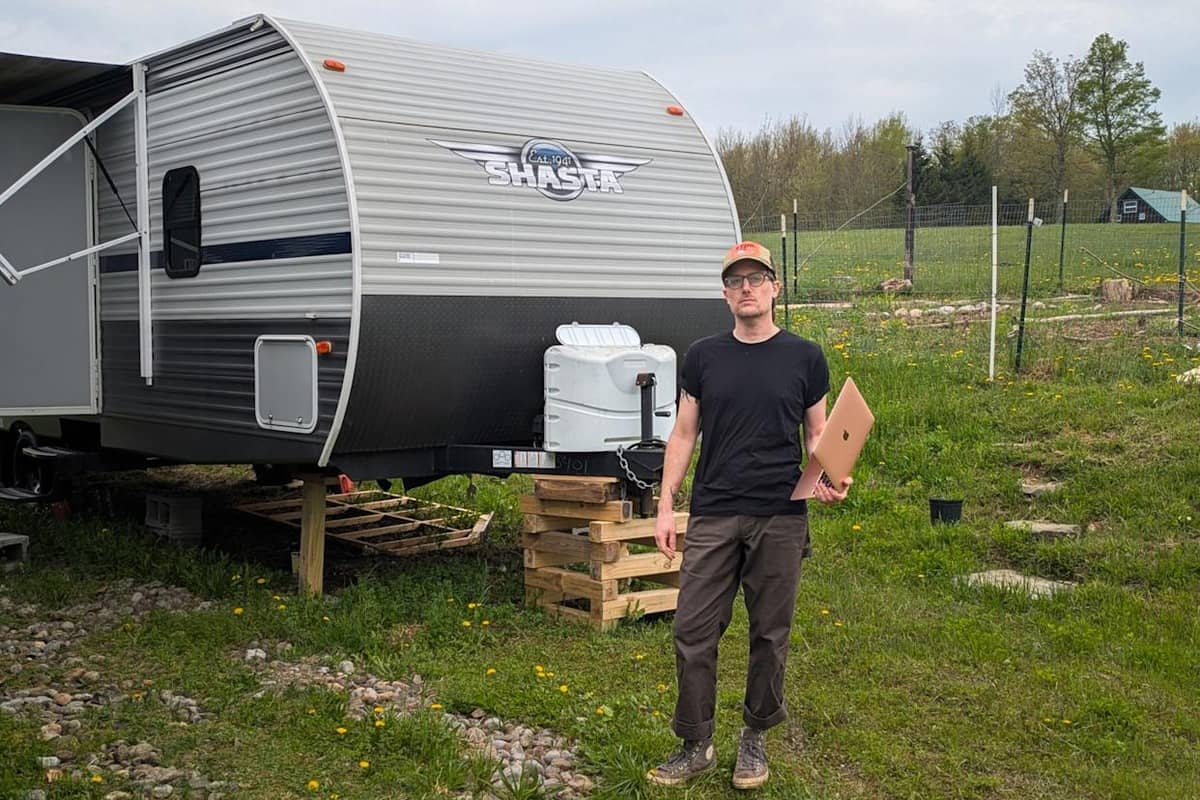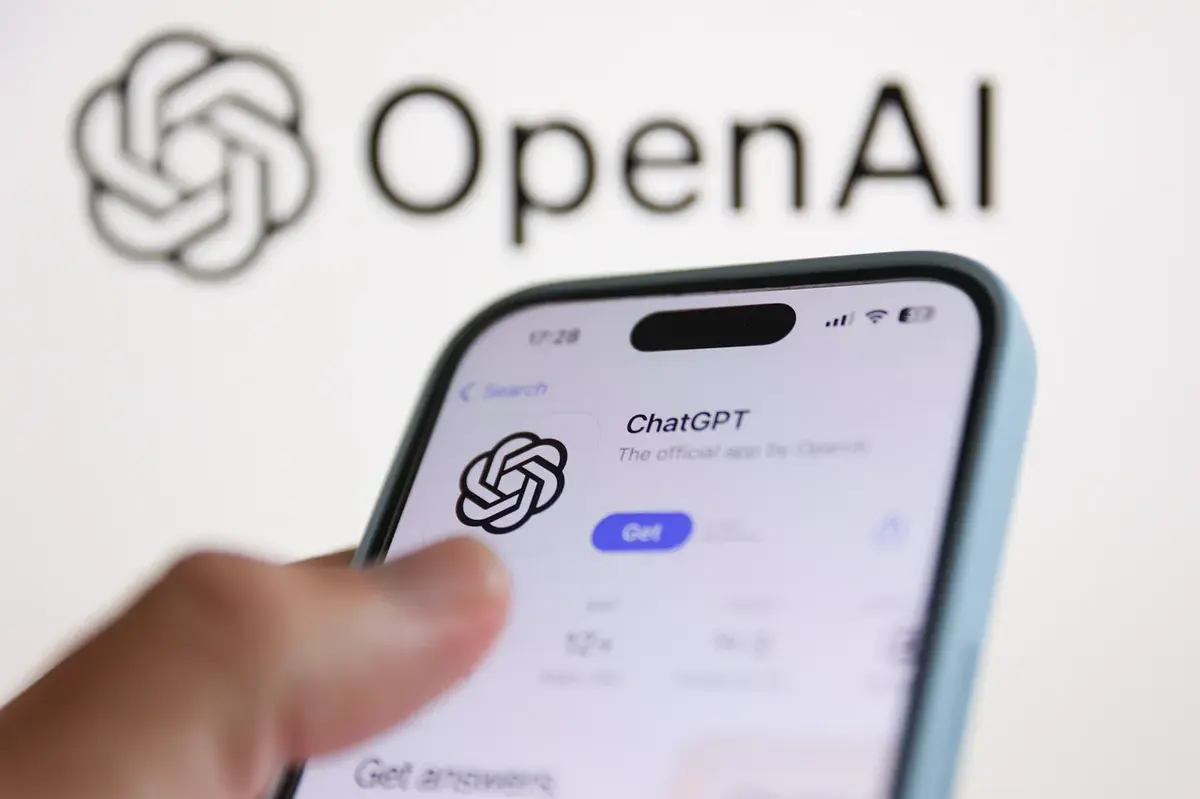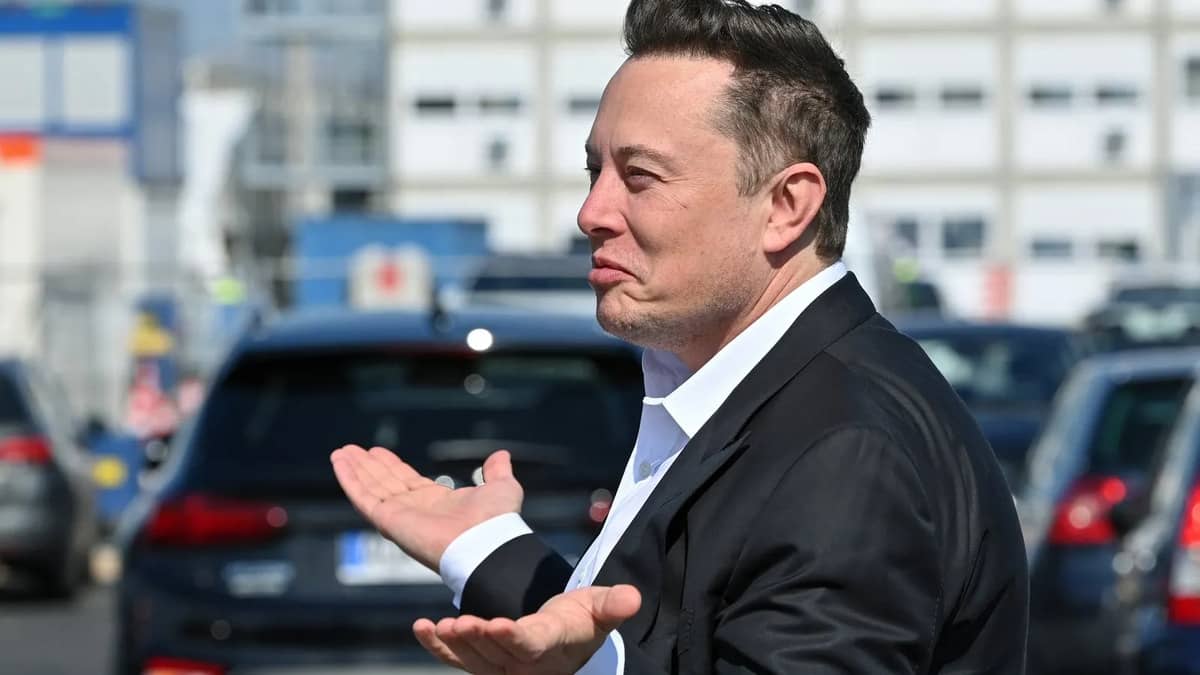Shawn K, a 42-year-old software engineer, once made $150,000 a year. Now, he lives in an RV trailer in central New York and delivers food for DoorDash to make ends meet. The reason? AI replaced his job—and he says it’s a warning sign for the rest of us.
After being laid off last year from a metaverse-focused tech company, Shawn sent out over 800 job applications and landed fewer than 10 interviews—some of them not even with humans, but with AI recruiters. Despite 20 years of experience and a computer science degree, he feels “invisible” in a job market where AI is rapidly reshaping the industry.
“I feel unseen,” he says. “I’m filtered out before a human even gets involved.”
Anthropic CEO Dario Amodei recently predicted that AI will be doing almost all coding by next year. For Shawn, the change is already reality. He believes the U.S. is in the early stages of a “social and economic disaster tidal wave.” He calls it The Great Displacement.
Now, instead of debugging code, he delivers Buffalo Wild Wings to hotel guests, sells old laptops on eBay, and considers getting a CDL to drive trucks—but he can’t afford the training. His earnings total just a few hundred dollars a month.
Still, he doesn’t blame AI itself. “If AI can really do a better job than me, I’m not mad,” he says. What frustrates him is how companies use AI to cut jobs instead of augment teams for greater productivity.
“Instead of saying, ‘Let’s do 1,000x the work,’ companies are just firing people,” he says. “That’s the old-world mindset.”
Despite his hardship, Shawn still believes in AI’s potential—and hopes society wakes up before many more find themselves in his position.










Leave a comment